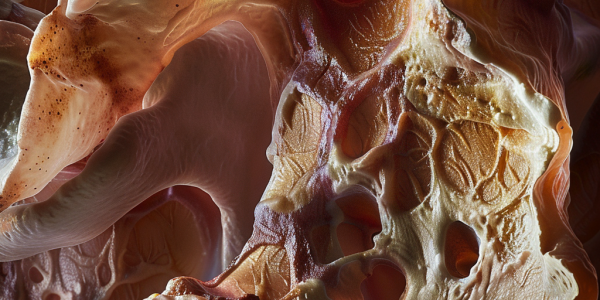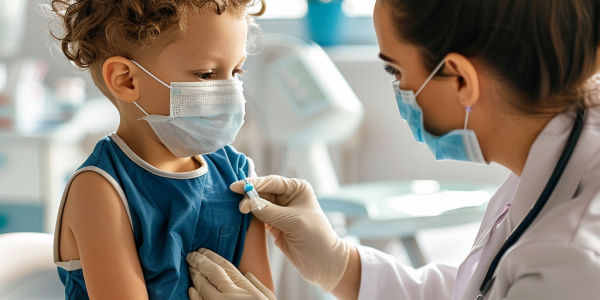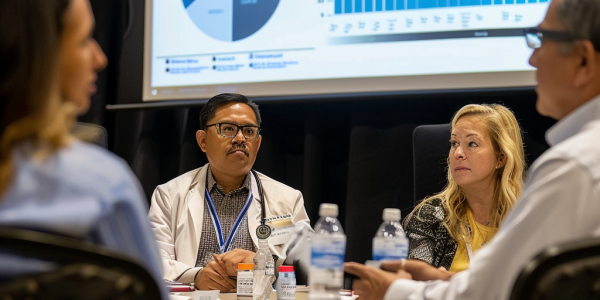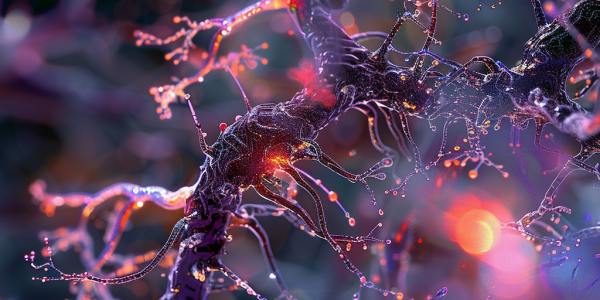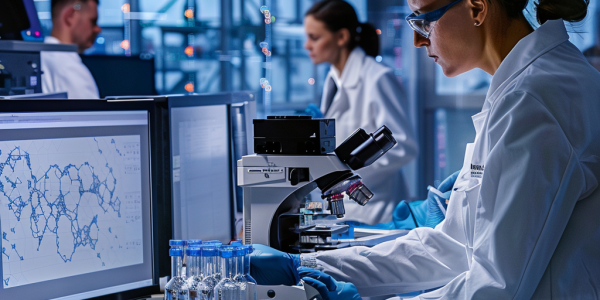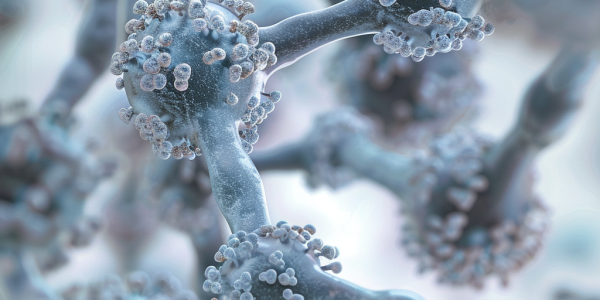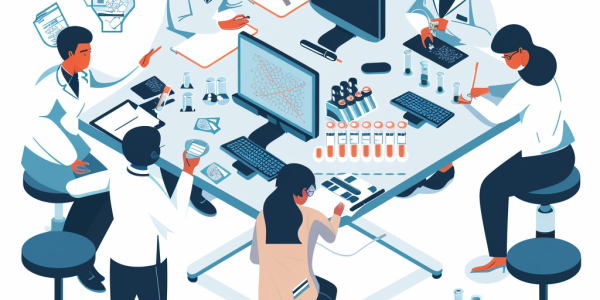Potential Breakthrough in Parkinson’s Disease Treatment
Recent research reveals the potential of pharmacological inhibition of α-synuclein aggregation within liquid condensates as a breakthrough in Parkinson’s disease treatment. The study explores the role of α-synuclein aggregation in Lewy bodies and the impact of small molecules, such as claramine, in inhibiting this process. This discovery offers hope for innovative treatments that could combat protein aggregation in neurodegenerative disorders and potentially reverse the progression of Parkinson’s disease.
Personality Changes Post-Organ Transplantation: Psychological and Biological Factors at Play
Discover how heart transplant recipients may experience changes in personality post-surgery, with recent research suggesting that this phenomenon is not exclusive to heart transplants. Learn about the potential biological basis for these alterations and the impact of hormonal substances released by transplanted organs on recipients’ mood and behavior.
The Legacy of Richard ‘Rick’ Slayman: First Man to Receive Pig Kidney Transplant
Discover the groundbreaking story of Richard ‘Rick’ Slayman, the first man to undergo a genetically modified pig kidney transplant. Despite his passing, his journey offers hope and inspiration for the future of xenotransplantation and the potential of genetically modified animals in organ transplants.
CDC Reports Mistaken Administration of Adult RSV Vaccines to Babies and Young Children
CDC reports errors in administration of adult RSV vaccines to over 30 babies and young children, emphasizing the importance of proper education and training to prevent such mistakes. Healthcare facilities warned about storing and administering Pfizer and GSK RSV vaccines alongside routine vaccines. Pediatric infectious diseases expert stresses the importance of ensuring adult RSV vaccines are not given to children to avoid future errors.
Panel Discussion Sheds Light on Criteria for Changing Narcolepsy Treatment
Learn about the criteria for changing treatment in narcolepsy patients as discussed by experts in the field of sleep medicine. Discover the key reasons for switching medications, including declining efficacy and new symptoms. Gain insights into the importance of guiding principles and strategies for managing transitions between medications for individuals with narcolepsy.
Groundbreaking Discovery in Brain Wiring Diagram Revealed
Scientists from Harvard University and Google have made a groundbreaking discovery by reconstructing a detailed wiring diagram of a small piece of brain tissue, shedding light on the intricate neural connections within the brain. This research, focused on a tiny cubic millimeter of brain tissue, revealed 57,000 individual cells, 150 million neural connections, and 23 centimeters of blood vessels. By utilizing advanced technology and machine-learning algorithms, the researchers delved into the nanoscale details of the brain’s structure, generating a massive 1.4 petabytes of data. This study represents a significant leap forward in understanding the complexities of the human brain.
AI Model Identifies Over 500 Toxic Chemicals in E-Liquids for Vaping
Researchers have utilized an AI model to identify over 500 toxic chemicals in e-liquids used for vaping, highlighting the hidden dangers associated with vaping. The study emphasizes the need for a deeper understanding of the health risks posed by inhaling complex e-liquids, especially after the 2019 vaping-related lung injuries outbreak. By analyzing 180 flavor chemicals commonly found in e-liquids, researchers employed a neural network model and experimental mass spectrometry data to assess the potential risks associated with these compounds. This groundbreaking research underscores the importance of ongoing studies to uncover the long-term health effects of vaping and promote safer vaping practices.
CDC Faces Opposition from Texas and Idaho Officials in Bird Flu Investigation
The CDC faces opposition from state officials and dairy farmers in Texas and Idaho as they investigate dairy farms for a potential bird flu outbreak. Some officials view the CDC’s actions as overreach, while others argue for the USDA to take the lead. The clash highlights challenges in managing health crises and differing perspectives on federal agency roles.
Revolutionizing Cancer Treatment: Nanoparticle Breakthrough Targets Brain Metastases
Researchers at the Sylvester Comprehensive Cancer Center have created a groundbreaking nanoparticle that can penetrate the blood-brain barrier, offering new hope for treating brain metastases. Loaded with drugs targeting cancer cell mitochondria, this innovative approach shows promise in shrinking tumors and addressing primary tumors concurrently. Dr. Shanta Dhar highlights the significance of nanomedicine in cancer therapeutics, emphasizing the potential of targeted therapies to minimize harm to healthy tissues. This development represents a significant advancement in cancer treatment, opening doors for more effective and precise therapies.
Breakthrough in Acute Leukaemia Treatment
Recent research published in Nature reveals a potential breakthrough in acute leukaemia treatment, focusing on the role of PI3Kγ in cancer cells. The study identifies a dependency on the PI3Kγ complex in high-risk acute leukaemias, with promising results from treatment with a selective PI3Kγ inhibitor eganelisib. Combining eganelisib with cytarabine shows improved survival rates, offering hope for patients with acute leukaemia.



